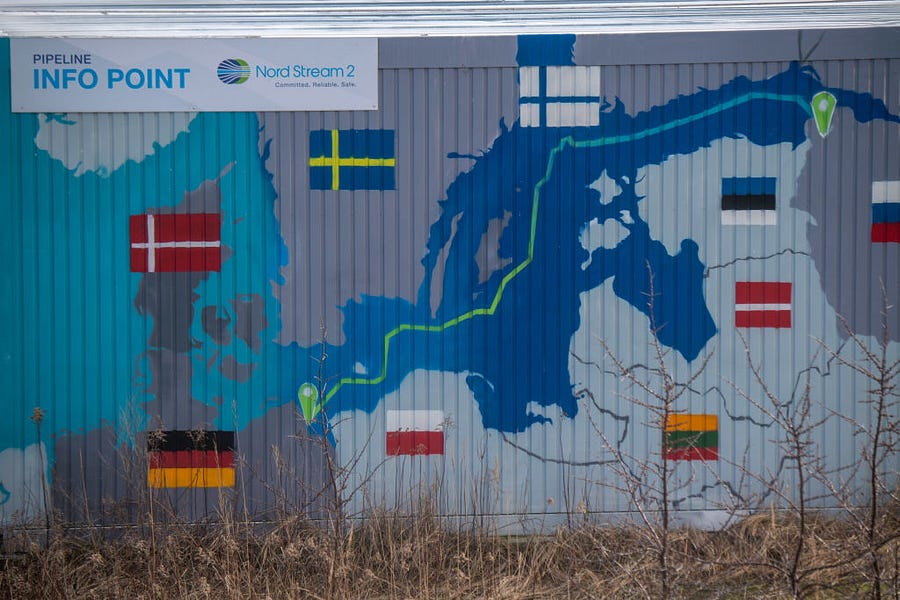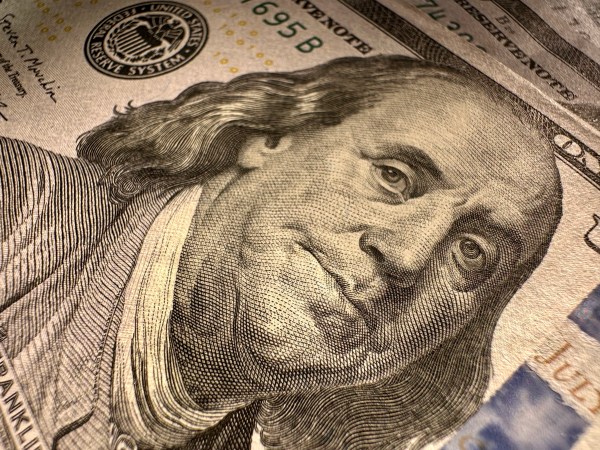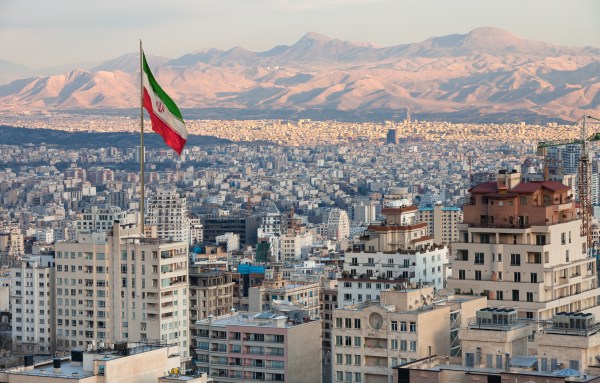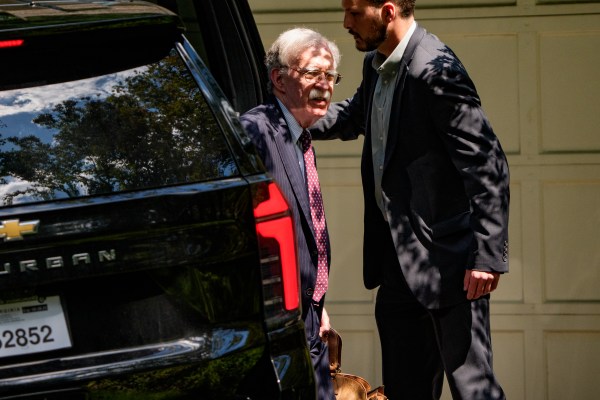“Captive to Russia.” That is what Donald Trump called Germany at a meeting with NATO Secretary-General Jens Stoltenberg in 2018. The building of the Nord Stream 2 pipeline and its ongoing energy deals with Moscow would make Germany too dependent on the autocratic state. Trump’s observation was not exactly original—the Obama administration had made similar warnings, and it was a standard criticism from the Baltic states that had once been part of the Soviet Union.
The calls to cancel Nord Stream 2 had fallen on deaf ears in Germany. In an interview as recently as early February, German Chancellor Olaf Scholz would not tell CNN’s Jake Tapper that Germany would cancel the pipeline if there were a Russian invasion. A lot has happened since. Germany not only canceled the project; it is breaking with its longstanding policy of not delivering arms to war zones by sending weapons to Ukraine, ramping up military spending to meet NATO targets, and looking for alternatives to Russian gas.
With Europe so heavily reliant on Russian natural gas, what are its alternatives? Western Europe, including France and the BENELUX states (Belgium, Netherlands, Luxembourg) has a comparably low dependence on Russian gas, guaranteeing their supply from Norway and through LNG (liquified natural gas) terminals on the Dutch and Belgian coasts, as well as Spain, which holds a quarter of Europe’s LNG capacity. In 2021, LNG terminals ran at 45 percent of capacity and are now expected to see much-increased use as the crisis in Ukraine continues. France’s plan to build 14 new-generation nuclear plants over the next 15 years, and its widespread use of household electric heating also contribute to energy independence that far exceeds that of Germany.
Fears of exploding gas prices have been fueled by Russia itself. Dmitry Medvedev, former Russian prime minister and current deputy chairman of the Russian Security Council tweeted: “German Chancellor Olaf Scholz has issued an order to halt the process of certifying the Nord Stream 2 gas pipeline. Well. Welcome to the brave new world where Europeans are very soon going to pay €2.000 for 1.000 cubic meters of natural gas!”
Italy’s Prime Minister Mario Draghi is considering reopening coal plants. However, Poland is the only European country still mining coal, and the Poles use it for their own consumption. Coal imports into Europe largely come from… Russia. The reopening of these coal plants is at best a short-term solution while Rome scrambles to increase its domestic gas production.
It helps Europe that spring is around the corner and that by the end of March, demand for natural gas for heating will decline. The question is more about the coming winter. Even if the war were to end in the coming weeks, the sanctions on Russia may very well be long-term.
In Germany, newly appointed Minister for the Economy Robert Habeck (Green Party) has not ruled out a possible delay in the phase-out of both nuclear and coal energy in the country. This is a stunning possible policy reversal from a party that for decades has campaigned for the end of both energy sources. Germany currently still runs three nuclear power plants, set to be closed down at the end of this year. An exit from coal energy had been scheduled for 2038, a target the three-party coalition under Chancellor Scholz has wanted to move up to 2030.
In Brussels, the European Commission has delayed the publication of its energy strategy, initially set to be published on March 2. Officials told media outlets that given the situation in Ukraine, the strategy—which focused on quick adoption of bio-gas and hydrogen, as well as an accelerated renewable energy rollout—will need to be revamped significantly. It is likely that the EU will take a more hands-off approach to the energy policies of its member states. With Russia weaponizing its gas exports for political goals, telling Poland it needs to end its reliance on coal as soon as possible is a hard sell.
As for the foreign alternatives to Russian gas, Europe’s options are limited to only a few areas. Imports from Azerbaijan have increased over the last few months as key infrastructure has been completed. The strategic position of Azerbaijan as a gas supplier and Turkey as a middleman for natural gas to reach other European nations puts both countries in a favorable geostrategic and political light.
Azerbaijan’s war with Armenia and Turkey’s saber-rattling with Greece in the Mediterranean sea have made for rocky relations with the EU the last two years.
The current crisis marks a new momentum for both countries as strategic partners for Europe. It is not unlikely that this will give new blood in the negotiation between Greece, Turkey, Cyprus, and Israel over the extraction and transport of Mediterranean gas resources.
Europe, and the EU in particular, has spent the last decade making a big push to adopt alternative fuels to fight climate change. Faced with Russia’s aggression in Ukraine, look for nations to adopt alternative strategies instead, at least throughout 2022.
Bill Wirtz is a political commentator from Luxembourg, covering EU politics and policy. He tweets in German, French, and English at @wirtzbill.






Please note that we at The Dispatch hold ourselves, our work, and our commenters to a higher standard than other places on the internet. We welcome comments that foster genuine debate or discussion—including comments critical of us or our work—but responses that include ad hominem attacks on fellow Dispatch members or are intended to stoke fear and anger may be moderated.
With your membership, you only have the ability to comment on The Morning Dispatch articles. Consider upgrading to join the conversation everywhere.